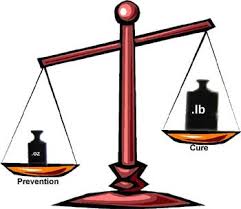- Joined
- Feb 27, 2004
- Messages
- 2,641
- Reaction score
- 757
Had this case today and I'm wondering what you guys would do to compare with what we decided.
The pt is 85 yo male, a fib, compensated CHF (EF 65%), multi-infarct dementia, hypertension. Other meds: warfarin, lisinopril, furosemide, citalopram, ciprofloxacin (has catheter), atenolol. CrCl is 45 ml/min, normal CBC, INR within range.
He can be cared for at home if he is able to ambulate. Right now the pain from OA in his ankles is so severe that he will have to go to a nursing home.
Thoughts?
The pt is 85 yo male, a fib, compensated CHF (EF 65%), multi-infarct dementia, hypertension. Other meds: warfarin, lisinopril, furosemide, citalopram, ciprofloxacin (has catheter), atenolol. CrCl is 45 ml/min, normal CBC, INR within range.
He can be cared for at home if he is able to ambulate. Right now the pain from OA in his ankles is so severe that he will have to go to a nursing home.
Thoughts?


